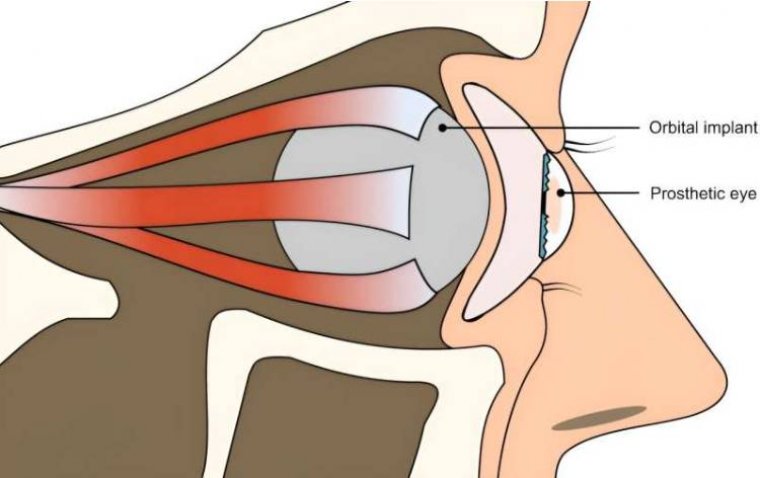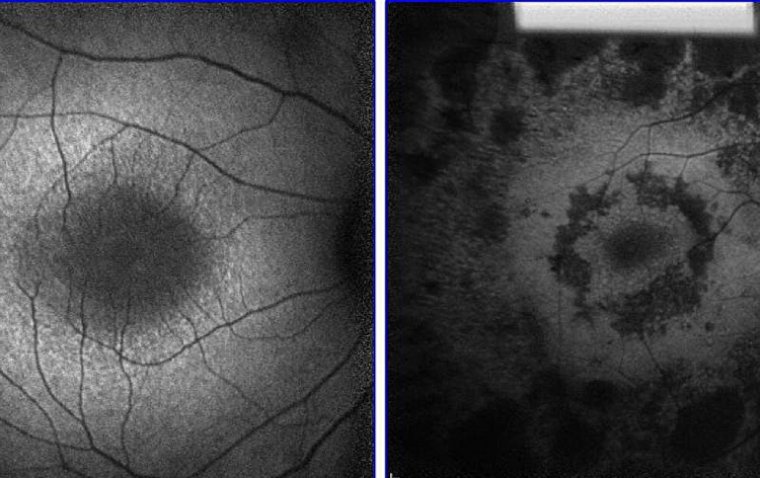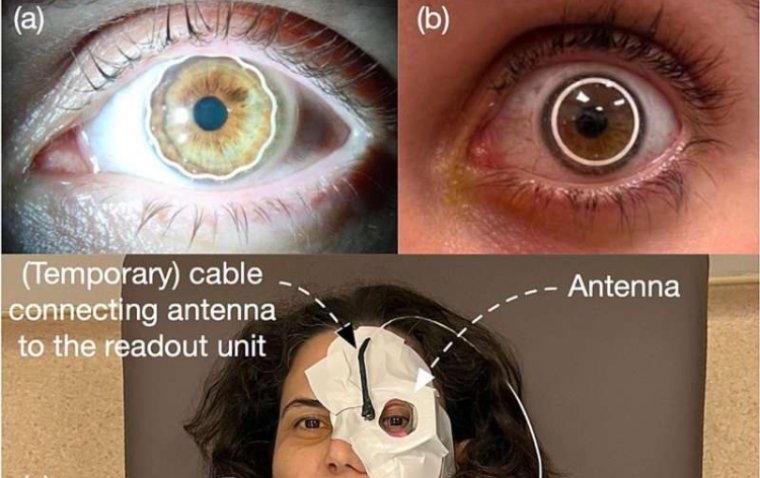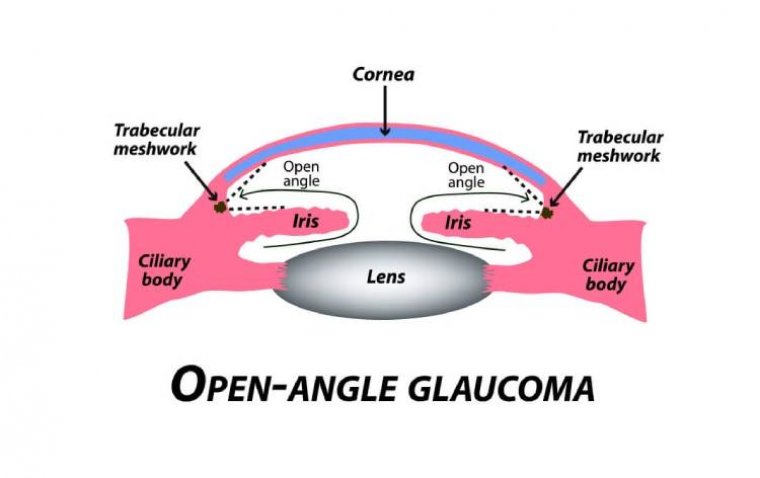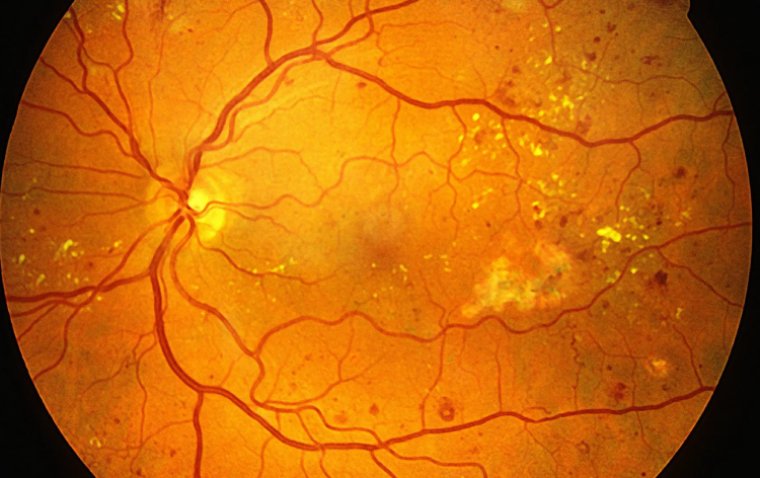
Cataract Surgery May Save Your Eyesight—and Your Life, Study Suggests
Cataract surgery is well-known for restoring vision, but a new study reveals it may also play a vital role in reducing life-threatening injuries. Research presented at the annual meeting of the American Academy of Ophthalmology in Chicago suggests that older adults who undergo cataract surgery have significantly lower odds of experiencing falls that could lead to bone fractures and brain hemorrhages.
Cataract Surgery Reduces Risk of Falls and Injuries
The study, led by Caitlin Hackl, a medical student researcher at the University of Texas Medical Branch at Galveston, found that individuals who had cataract surgery experienced fewer incidents of head injuries and fractures compared to those who did not. “The consistency of this association across multiple common age-related fragility fractures, even after controlling for osteoporosis, was surprising,” Hackl said.
Using a U.S. national database, the researchers tracked the history of falls among more than 2 million cataract surgery patients. The study participants were divided into two groups: those who had undergone cataract surgery within 10 years of diagnosis and those who did not. Key factors such as osteoporosis, diabetes, low vision, blindness, and retinal disorders were carefully matched between both groups to ensure accurate comparisons.
Significant Reduction in Head Injuries and Fractures
The findings revealed a lower incidence of life-threatening head injuries among those who had cataract surgery. Specifically, the surgery group was:
• 24% less likely to suffer an epidural hemorrhage (bleeding between the skull and brain covering) compared to those who did not have the surgery.
• 12% less prone to traumatic subdural hemorrhages, which are associated with falls and head injuries.
Additionally, cataract surgery was linked to a reduction in fragility fractures. Individuals who underwent the vision-restoring procedure were between 5% to 11% less likely to experience fractures of the wrist, arm, or ankle, which are common consequences of falls in older adults.
Encouraging Findings for Cataract Patients
Hackl emphasized that these results could provide a new perspective on cataract surgery, beyond its visual benefits. “We hope to shed light on the potential broader benefits of cataract surgery in reducing trauma-related morbidity and mortality and empower patients to make informed choices about their care,” Hackl said.
While these findings are promising, Hackl noted that they are considered preliminary until published in a peer-reviewed journal. Nonetheless, the study highlights an additional incentive for those considering cataract surgery to take action.
Conclusion
This new research underscores the potential life-saving benefits of cataract surgery. By significantly reducing the risk of falls and related injuries, cataract surgery not only restores vision but may also protect older adults from severe health complications. These findings could encourage more patients to seek timely treatment and improve both their quality of life and safety.
Sources:
(1).jpg)
